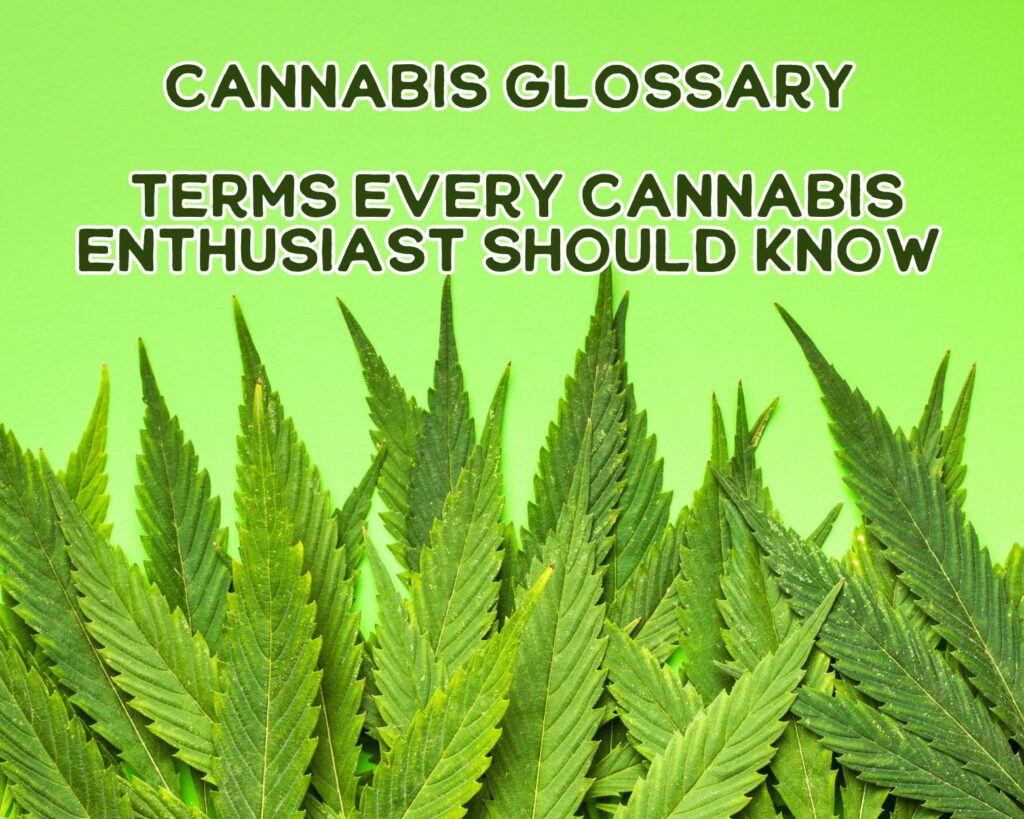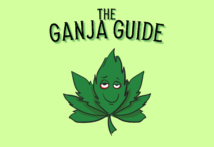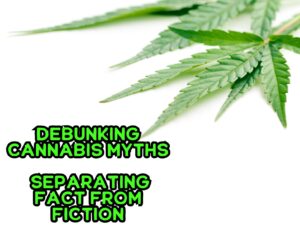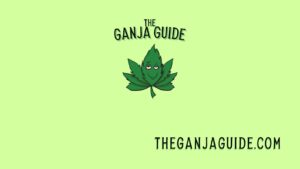The world of cannabis is rich and varied, with its own unique terminology that can be both fascinating and overwhelming for enthusiasts. Whether you’re a seasoned cannabis connoisseur or new to the scene, understanding these terms is crucial. In this article, we’ll explore key cannabis terms and complement them with resources that every cannabis enthusiast should consider.
Understanding Cannabis Cultivation
Terms: Strains, Cultivation, Hydroponics
- Strains: Refers to the different varieties of cannabis, each with unique characteristics and effects.
- Cultivation: The process of growing cannabis plants, which can vary in technique and complexity.
- Hydroponics: A method of cultivating plants in water rich in mineral nutrients instead of soil.
For a deeper dive into cultivation, 🌿 The Cannabis Grow Bible 🌿 is an invaluable resource. This comprehensive guide covers everything from basic plant care to advanced breeding techniques.

Medicinal Uses of Cannabis
Terms: CBD, THC, Medical Marijuana
- CBD (Cannabidiol): A non-psychoactive compound in cannabis known for its potential therapeutic benefits.
- THC (Tetrahydrocannabinol): The main psychoactive compound in cannabis that produces the ‘high’ sensation.
- Medical Marijuana: Cannabis used for medicinal purposes to alleviate symptoms of various conditions.
For those interested in the healing aspects of cannabis, consider the 🌱 Medical Miracles Hemp Healing Salve 🌱. This salve utilizes the benefits of hemp for relief in areas like hips, joints, and back.
Cannabis Chemistry
Terms: Cannabinoids, Terpenes
- Cannabinoids: Chemical compounds found in cannabis that interact with the body’s endocannabinoid system.
- Terpenes: Aromatic compounds in cannabis that influence its scent and may contribute to its effects.
To understand these concepts better, the 📚 Permacharts Cannabinoids and Terpenes Quick Reference Guide 📚 is a handy tool. This guide offers a quick and easy reference to the cannabis plant’s chemical makeup.
The lexicon of cannabis is as diverse as the plant itself. From cultivation to chemistry, understanding these terms enhances your appreciation and knowledge of cannabis. Resources like 🌿 The Cannabis Grow Bible 🌿, 🌱 Medical Miracles Hemp Healing Salve 🌱, and 📚 Permacharts Cannabinoids and Terpenes Guide 📚 are excellent aids in your journey through the world of cannabis. Whether you’re growing, using medicinally, or simply keen to learn more, these resources will help you navigate the complex and fascinating world of cannabis.
How Can I Start Growing My Own Cannabis?
Answer: Starting your own cannabis grow operation requires understanding the plant’s needs, including light, water, nutrients, and the right environment. 🌿 The Cannabis Grow Bible 🌿 is an excellent resource for beginners and experienced growers alike. It covers everything from selecting the right strains to harvesting your plants.
What Are the Benefits of Using Hemp-Based Topicals?
Answer: Hemp-based topicals like the 🌱 Medical Miracles Hemp Healing Salve 🌱 are known for their soothing properties. They can provide relief for joint pain, inflammation, and skin irritations. The natural compounds in hemp, particularly CBD, are effective in targeting localized pain and discomfort.
Why Is It Important to Understand Cannabinoids and Terpenes?
Answer: Cannabinoids and terpenes play a crucial role in the effects and benefits of cannabis. Understanding these compounds helps you choose the right strain for your needs, whether it’s for relaxation, medicinal purposes, or other uses. The 📚 Permacharts Cannabinoids and Terpenes Quick Reference Guide 📚 is a great tool for quickly learning about these important aspects of cannabis.
Can Cannabis Be Used for Chronic Pain Management?
Answer: Yes, cannabis is increasingly being used for chronic pain management. Its compounds, especially CBD and THC, have pain-relieving properties. For those looking for a non-psychoactive option, products like the 🌱 Medical Miracles Hemp Healing Salve 🌱 can provide localized relief without the high associated with THC.
Is Home Cannabis Cultivation Legal?
Answer: The legality of home cannabis cultivation varies by region. It’s essential to check your local laws and regulations before starting a grow operation. If it’s legal in your area, 🌿 The Cannabis Grow Bible 🌿 can guide you through setting up and maintaining your grow space.
How Can I Enhance My Knowledge About Cannabis?
Answer: Educating yourself through reliable sources is key. Books like 🌿 The Cannabis Grow Bible 🌿 and reference guides like 📚 Permacharts Cannabinoids and Terpenes Quick Reference Guide 📚 are invaluable resources for deepening your understanding of cannabis, its cultivation, and its various uses.
Addressing Common Misconceptions About Cannabis
Cannabis, despite its growing acceptance and legalization in various regions, still faces several misconceptions. Understanding these misconceptions is crucial for informed discussions about cannabis use and policy.
Misconception: Cannabis Has No Health Benefits
Reality: This is one of the most persistent misconceptions. Cannabis, particularly CBD, has been found to have several health benefits, including pain relief, anxiety reduction, and potential neuroprotective properties. The therapeutic uses of cannabis are detailed in resources like 🌿 The Cannabis Grow Bible 🌿.
Misconception: Cannabis Use Always Leads to Addiction
Reality: While cannabis can be habit-forming for some individuals, its addiction rates are significantly lower compared to substances like alcohol and tobacco. Understanding the properties of cannabis, as explained in 📚 Permacharts Cannabinoids and Terpenes Quick Reference Guide 📚, can offer insights into its addictive potential.
Misconception: Cannabis is a ‘Gateway Drug’
Reality: The theory that cannabis use leads to the use of harder drugs has been largely debunked. Many people use cannabis without ever progressing to other substances. For more information on cannabis and its effects, 🌿 The Cannabis Grow Bible 🌿 is a comprehensive resource.
As an Amazon Associate we earn from qualifying purchases through some links in our articles.




